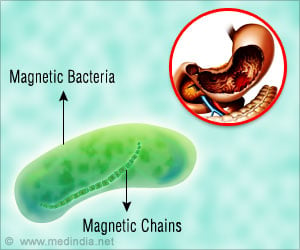The American Gastroenterological Association (AGA) has released the largest report on the safety and effectiveness of fecal microbiota transplantation.

‘Ninety percent of patients tracked in the AGA FMT National Registry was cured of C. difficile infection with few severe side effects.’





"While the value of fecal microbiota transplantation for treating recurrent C. difficile infection is clear from research studies, the potential long-term consequences of altering a patient's gut microbiota are not fully known," says Dr. Colleen R. Kelly, Associate Professor of Medicine at Brown University in Providence, Rhode Island and co-principal investigator of the AGA FMT National Registry. "Releasing the initial results of the AGA FMT National Registry is an important step toward understanding the true risk and benefits of microbiota therapeutics in a real-world setting." The effectiveness and safety outcomes from the first 259 patients enrolled in the registry between December 2017 and September 2019 were analyzed.
All the participants received fecal transplantation using an unknown donor from stool banks. Colonoscopy, followed by upper endoscopy was the most common method of FMT delivery.
99% of participants had their C. difficile infection cured, with 197 of those requiring only a single FMT.
In 11 participants, infections were reported. In only 4% of participants, FMT response was deemed durable.
Advertisement
Fecal Microbiota Transplant (FMT)
Advertisement
Source-Medindia











